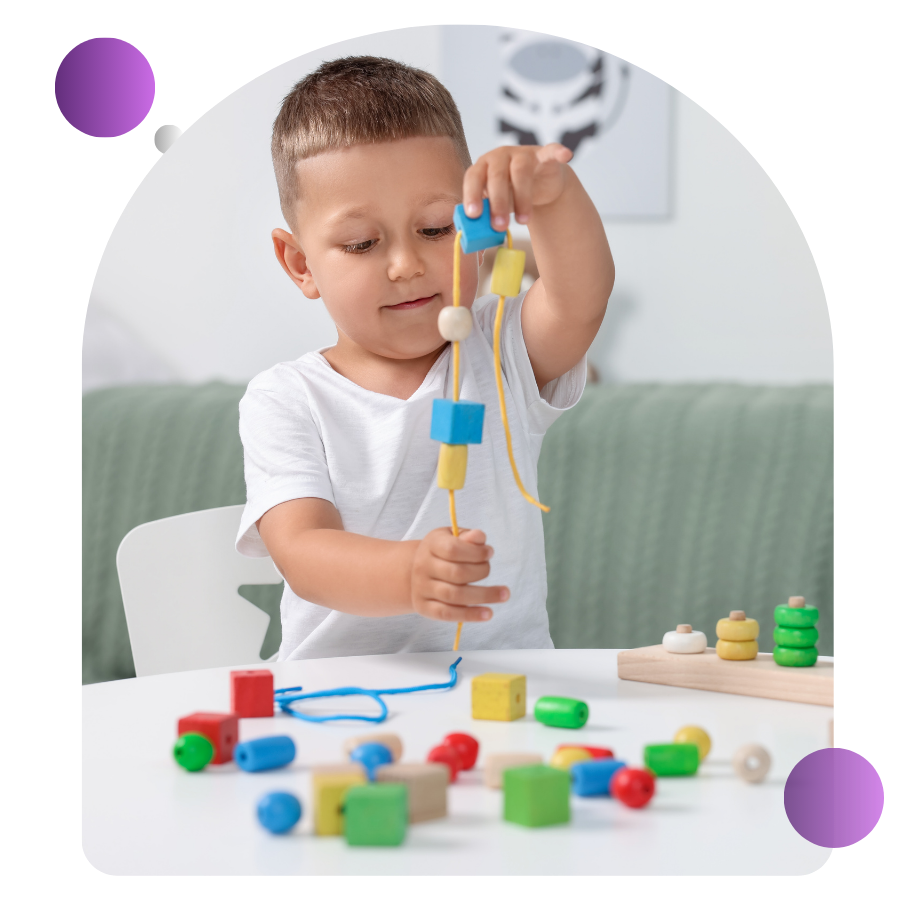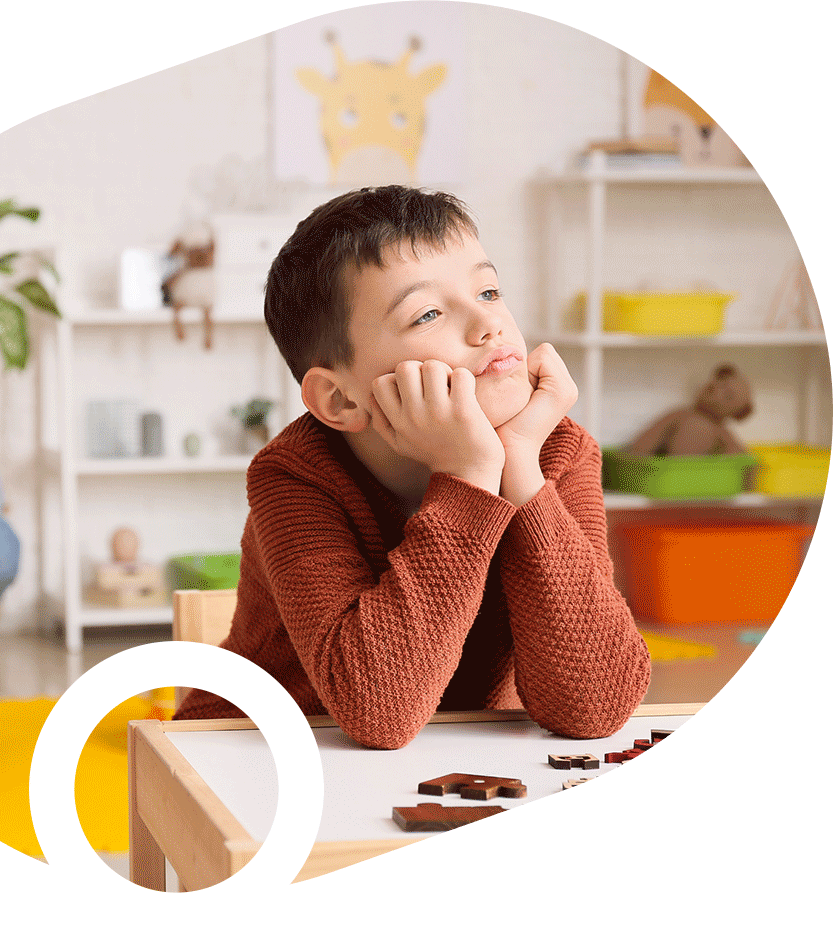

Motor Skills and Sensory Integration: Building Strong Foundations
Motor Skills and Sensory Integration: Building Strong Foundations
What Are Motor Skills and Sensory Integration Issues?
Motor skills involve the ability to move and control muscles for activities like sitting, walking, or writing.
Sensory integration refers to how the brain processes and responds to sensory information (touch, movement, sight, sound).
When these systems don’t work smoothly, children and adults may struggle with coordination, balance, fine motor tasks, or emotional regulation.

Classification:
- Gross Motor Delays: Trouble with big movements (e.g., crawling, walking, jumping, climbing stairs).
- Fine Motor Delays: Difficulty with small movements (e.g., grasping objects, buttoning shirts, handwriting).
- Sensory Processing Difficulties: Overreacting or underreacting to touch, sound, movement, or other senses.
How Therapy Helps
- Occupational therapy improves fine motor skills, hand-eye coordination, and sensory processing.
- Physical therapy supports strength, balance, and overall gross motor development.
- Sensory integration therapy helps individuals better process sensory input, leading to calmer behavior and improved coordination.
Foundations for Growth: A Caregiver’s Guide to Motor & Sensory Support

What Research Says
- Early therapy improves outcomes:
Motor and sensory-focused interventions show significant benefits when started early in development (Blank et al., 2019). - Sensory integration therapy enhances daily functioning:
Studies show that children receiving sensory integration therapy improve in attention, emotional regulation, and social skills (Schaaf et al., 2014). - Active, hands-on play boosts brain development:
Physical play enhances motor coordination and cognitive skills compared to sedentary activities (Pellegrini & Smith, 1998).
Frequently Asked Questions on Motor Skills and Sensory Development
Look for signs like frequent falls, difficulty using hands for small tasks, strong reactions to sounds or textures, or clumsiness.
Yes! With structured occupational and physical therapy, many children show great improvements in skills and confidence.
Activities like playing on playgrounds, building with blocks, drawing, crafts, and sensory bins (sand, rice, water) are very helpful.
Yes — excessive screen use is linked to weaker fine and gross motor skills. Real-world movement and play are essential.
